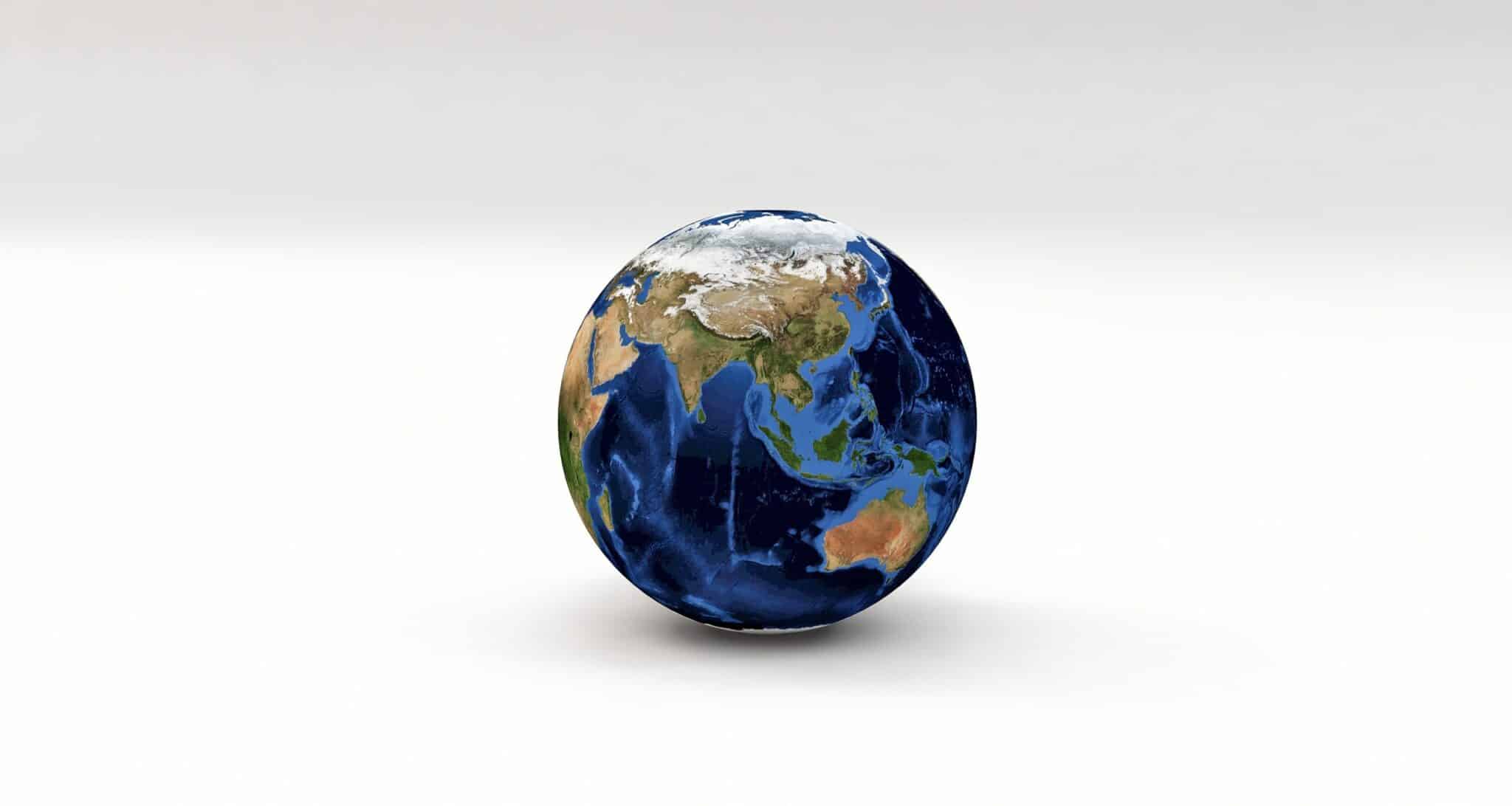A few weeks ago, a new government took power in Colombia. This historic election result made headlines around the world, and my colleagues and I at Corteva Agriscience are working to learn more about this new government and what potential implications could be for the Colombian seed sector and beyond.
Shifts in the global political landscape can have major effects on the seed industry — that likely doesn’t come as news to anyone reading this. What can often surprise us is how significant and widespread these effects can be for future generations if we’re not prepared to deal with them now.
From a commercial standpoint Brazil, Argentina and Mexico have major importance for Corteva. From an operational perspective, Chile is crucial to supplying seeds globally, in particular to the U.S. and the European Union.
While there are a large number of challenges associated with all these regions, there are some big ones that dominate the discussion right now.
In Brazil, legislation that governs the export of treated seeds is on our radar. Currently, the Brazilian business environment does not encourage new investments, because the industry finds it difficult to export treated seeds to countries that use different treatment doses than the ones established here in Brazil.
In Argentina, there is concern around the economic environment that could impact the importation of inputs used in the formulation of crop protection products and, in some ways, the production of grains. This is a major issue when it comes to crop protection, but it also presents challenges to the seed sector specifically.
Also, the recognition of intellectual property rights is a constant challenge there. For instance, it’s important to bear in mind that currently, Argentina’s farmers use certified seed in only 15-20% of the total area planted with soybeans; there is a similar figure for wheat seeds. In that context, the seed industry has taken a big leap and launched Sembrá Evolución, a system by which farmers recognize the value of genetics and biotechnology traits, not only in soybeans or wheat seeds, but also in cotton and other important crops nationwide.
In Mexico, the current administration has a strong position on GM corn and glyphosate. In addition to the fact that the government of Mexico has not allowed the use of GM seeds and is an importer of GM grains, a decree issued at the end of 2020 includes a schedule for Mexico to suspend GM corn use by 2024 — this would impact the flow of grains to Mexico in the coming years.
When it comes to Chile, the main issue at the moment is a political discussion over the use, extraction, and importation of peat. While the protection of Chile’s peatlands is of the utmost importance, a new bill under consideration by Chile’s parliament proposes some drastic measures that would severely impact research and production of seeds in Chile, which could affect the seed supply globally and specifically for the U.S. and Europe.
These are issues that, for the most part, have been posing challenges to the industry for many years. Furthermore, in Latin America, more than in other parts of the world, the transition of power and the political convictions of government officials may impact the way policies are designed and restrictions and incentives handled by each administration.
The agricultural sector around the globe deals with volatility, be from weather, pests, resistant weeds, diseases, logistics or regulatory/political change. In Latin America, the latter is very dominant. This, of course, concern us, but is not surprising as we have been dealing with it for a long time.
Many of these political/regulatory issues can be solved through the alignment of the entire value chain — from input suppliers to large vendors, through to producers, exporters and buyers.
Industry and the entire value chain need to communicate the value of the seed sector to society and to government by highlighting its positive effects regarding economic development — job creation, importance to GDP and income, and also its value in contributing to social progress and environmental stewardship.
This is crucial to arriving at a solution to problems that may be complex and may not be solved in their entirety, but which will have wide implications for future generations who will be faced with challenges of their own. We can do a lot for those generations by making progress now and not kicking the can down the road.












